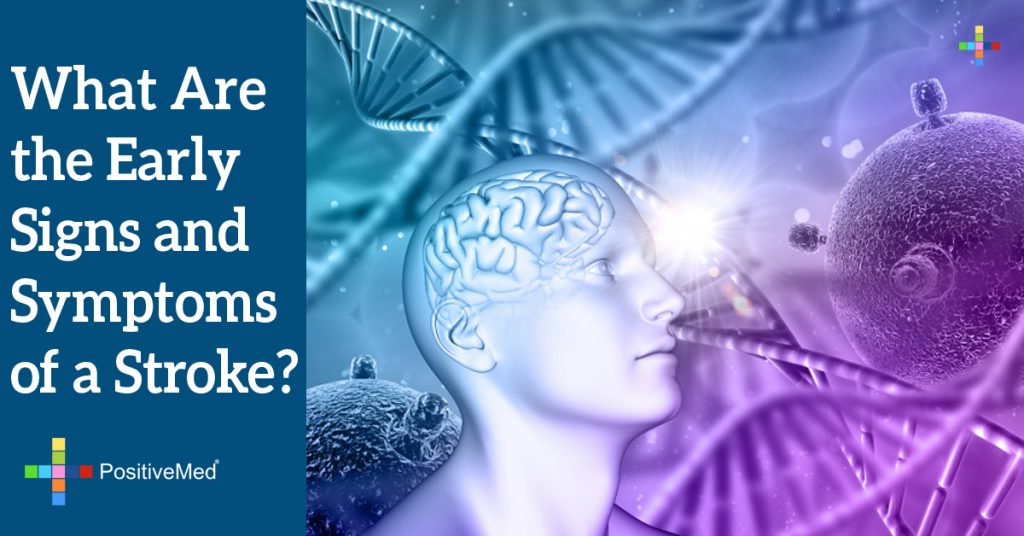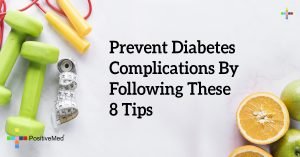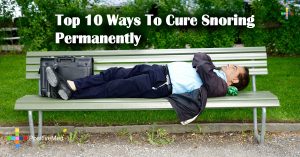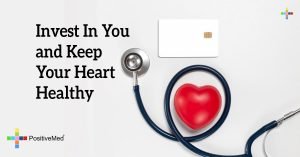
Strokes, also called brain attacks and cerebrovascular accidents, are no accident. Your chances of having a stroke increase as you get older, especially if the tendency runs in your family. Other medical conditions that raise your risk include high blood pressure, diabetes, heart conditions, and kidney disease.

What happens during a stroke? The brain is the command center of your body, and has specialized areas that control functions such as movement, sensation, speech, and behavior. The heart delivers oxygen and nutrients to the brain cells, but a stroke interrupts the process by depriving blood flow to a section of the brain. A TIA (transient ischemic attack), also called a mini-stroke, has temporary effects but often precedes a major disabling stroke.
Call 911 immediately if you develop:
• Facial droop on one side
• Weakness in one arm or leg
• Difficulty speaking
• Numbness, especially on one side
• Confusion
• Blurred or double vision
• Loss of balance
• Severe headache
Neurologist Dr. Shruti Sonni from Harvard University urges people to pay attention to danger signals. “We really discourage people from the ‘wait and watch’ approach if they have any symptoms that suggest a stroke,” he says. Statistics show that there is a one-in-ten chance of having a major stroke in the two days following a mini-stroke, and the risk continues for months. Dr. Sonni goes on to warn that people “might just brush it off because they feel better in a few hours”.

You’re at higher risk for stroke if you’re over age 55 and if any of your relatives have had one. Here are 8 common habits that may increase the chance of stroke. Here are some things you can do:
• Stop smoking
• Keep active
• Lose excess weight
• Eat a balanced diet of wholesome foods
• Decrease salt, fat, sweets, and processed foods
What’s good for your heart is usually good for your brain.
Follow your doctor’s recommendations, and contact the office with any questions. Each day is a new chance to improve your own health!
READ MORE: 10 Ways to Prevent a Stroke, Naturally





